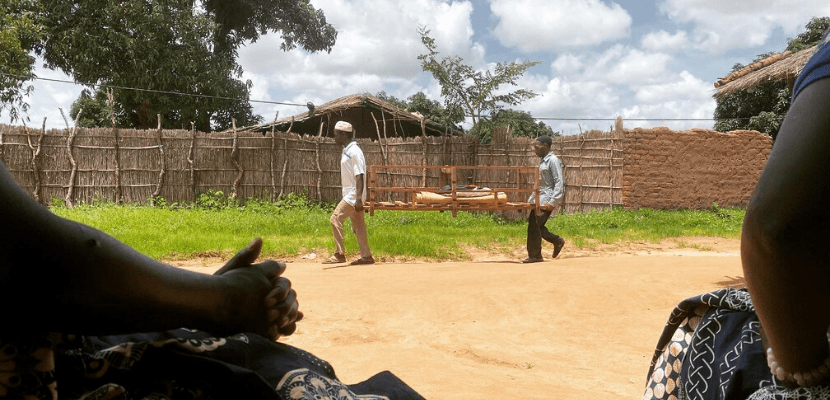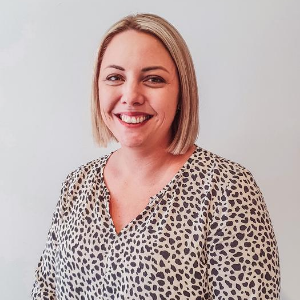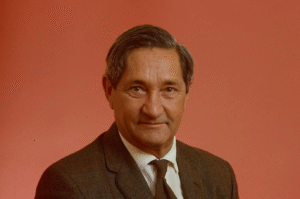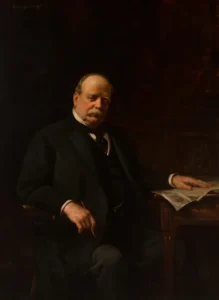In normal times, my sister, Kath Beeck, would be regarded as a real hero. Based in Massangulu, a small village in the isolated, rural part of Northern Mozambique, she has been working with the poor, disadvantaged Yawo people for over eight years. This was before COVID-19.
For context, the Yawo people are predominantly subsistence farmers. 95 percent of the population are illiterate. Many suffer from pre-existing medical conditions including TB, HIV and malaria and are malnourished. Infrastructure in Massangulo is extremely limited; there are no shops and health facilities are severely under-resourced[i].
Kath has found herself dealing with a global pandemic in a region with inadequate health services and very few resources. With the help of locals and expats, she supports the Yawo people and uses entrepreneurship to tackle this crisis.
For Kath, this is “just life” and she would never consider herself heroic.
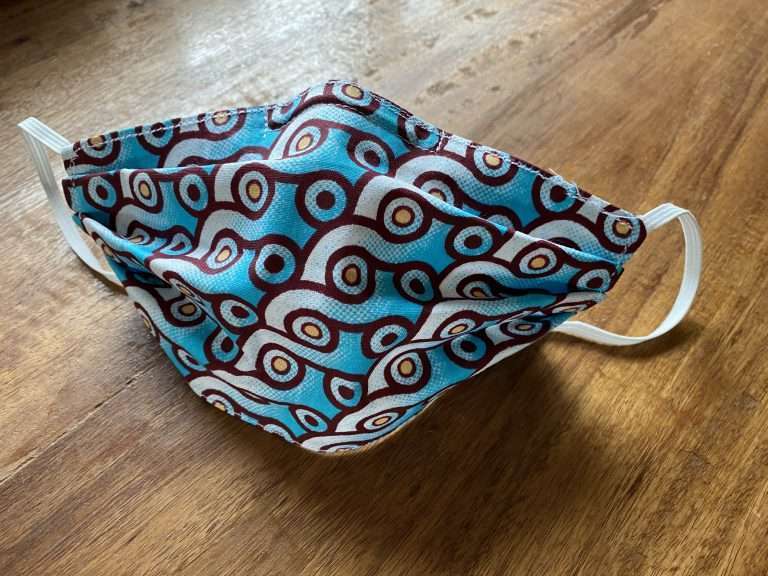
She has had to navigate cultural norms and other logistical difficulties. For example, in Massangulo, she has had to consider the complex nature of local funerals.
How do you conduct a traditional funeral while at the same time managing infection and contamination risk? Is this possible? Funerals in Massangulo are a complex process. Through Skype, we brainstormed whether the World Health Organisation’s instructions for “Conducting a Safe Burial” (a result of lessons learnt during the Ebola Crisis) were even possible. The process for preparing a body for burial is performed at a local level by the chiefs and family members. It includes transporting the body in a borrowed car or truck (often on a mattress that is then returned to the place it was borrowed) and multiple people washing and praying over the body.
She noted: “The male funeral attendants go to the mosque to get the frame/bed that is used to place the body on for washing. Once they have returned, they enter the house and dig a hole into which the water that is used to wash the body will drain. The dirt that is removed is placed to one side to be filled back in afterwards. Once the hole is dug, the frame/bed is placed in the room.” The description she provided fills more than two pages.
As I read through the funeral and body preparation description, I couldn’t help but feel overwhelmed. How can social distancing and funeral restrictions realistically be practiced?
Another issue is language. How do you communicate your knowledge on infectious diseases in a way that won’t inadvertently cause more harm?
Kath is currently reflecting on miscommunication between translating “virus” in English to Ciyawo, the local dialect. Without local context and knowledge, she could easily have been telling an entire village that the coronavirus was going to cause a serious, complex and gruesome sexually transmitted disease.
Governments and international organisations do not have all the answers. Waiting for their response and assistance is not even possible in some locations. In Massangulo, there are no resources or capacity to respond. Kath is taking basic steps to support the local population by encouraging local action.
She developed booklets translated into their local dialect (explaining COVID-19 and the actions people need to take to protect themselves) as well as sewing hundreds of masks from elastic and material. Will it help? Maybe not – but it’s still a better option than the alternative.
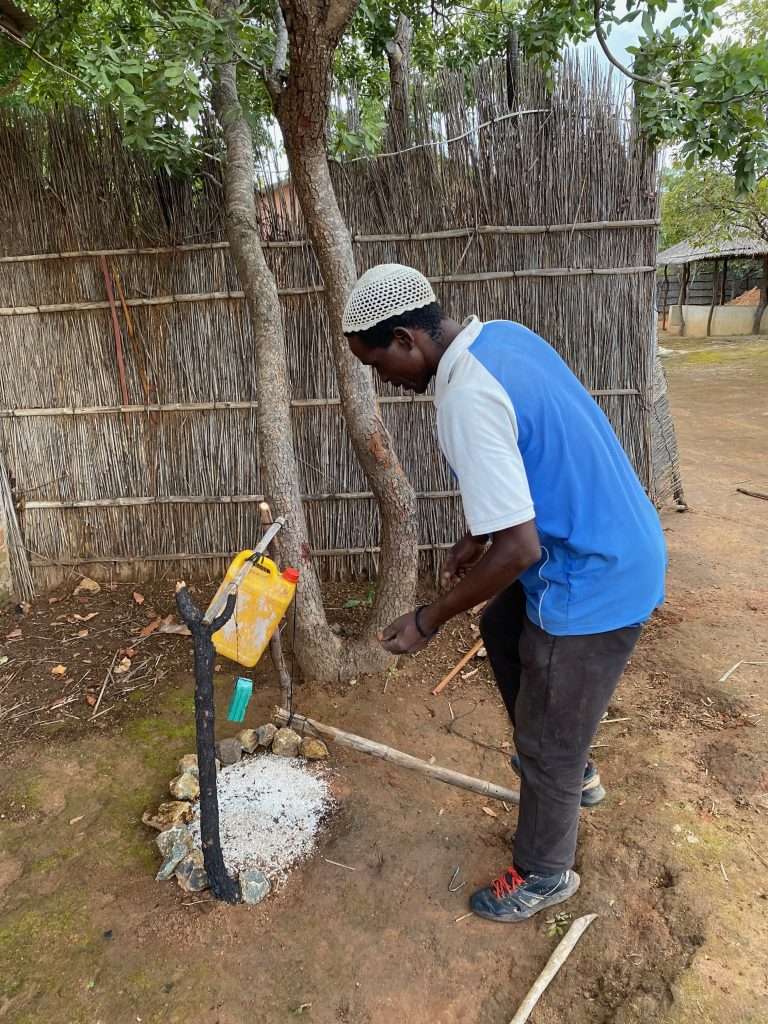
Solutions need not be complex or elaborate. One innovation is a simple “tippy tap” (as seen above). Tippy taps are easy to build from local materials. They are designed to be contactless, requiring a water container, poles, sticks, string and soap. They have been set up at various locations, including at the end of Kath’s driveway where she can refill the soap and water regularly. A simple tippy tap will hopefully help to dissolve the virus and, ideally, wash it away.
More action will be needed in Massangulo when COVID-19 eventually arrives. Kath may have found herself with a task that appears insurmountable – and while it may not be possible to control coronavirus in Massangulo, she and the local people have shown remarkable strength of character and conviction. They are using their skills, local knowledge, language abilities and courage to support those in need.
Individuals all over the world are finding local solutions with limited resources and contracting economies. Whether it is a food delivery service to those working in medical centres, retrofitting distilleries to produce hand sanitiser or assisting the poorest people in Africa in whatever capacity, it is individuals who are making some of the most important contributions.
Like people of all nations, the Yawo people of Massangulo seek good health, a prosperous harvest and safety for their families. Without any real resources at hand, Kath is creating a buffer against the inevitable impact of COVID-19 on a society with weak formal institutions. This story of individual braveness and resourcefulness will be one of a number which will be told over the coming months.
[i] World Bank or IMF data on daily living and poverty rates: http://povertydata.worldbank.org/poverty/country/MOZ

